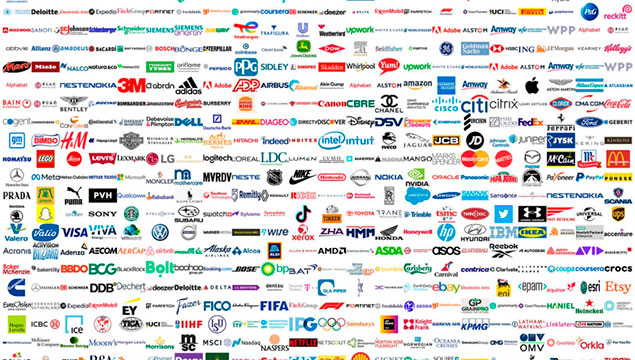 International companies in Russia.
International companies in Russia.
European companies have suffered at least €100bn in direct losses from their operations in Russia since last year, according to analysis by the Financial Times.
A survey of 600 European groups’ annual reports and 2023 financial statements shows that 176 companies have recorded asset impairments, foreign exchange-related charges and other one-off expenses as a result of the sale, closure or reduction of Russian businesses.
The aggregate figure does not include the war’s indirect macroeconomic impacts such as higher energy and commodities costs. The war has also delivered a profit boost for oil and gas groups and defence companies.
Moscow’s decision to seize control of the Russian businesses of gas importers Fortum and Uniper in April, followed by the expropriation of Danone and Carlsberg last month, suggests more pain lies ahead, according to analysts.
More than 50 per cent of the 1,871 European-owned entities in Russia before the war are still operating in the country.
European companies still present in Russia include Italy’s UniCredit, Austria’s Raiffeisen, Switzerland’s Nestlé and the UK’s Unilever.
Those with the biggest writedowns and charges are oil and gas groups, where three companies alone — BP, Shell and TotalEnergies — reported combined charges of €40.6bn. The losses were far outweighed by higher oil and gas prices, which helped these groups report bumper aggregate profits of about €95bn ($104bn) last year.
Financial companies including banks, insurers and investment firms, have recorded €17.5bn in writedowns and other charges.

BP reported a $25.5bn charge, announcing that it would sell its 19.75 per cent stake in state-owned oil group Rosneft.
It took Total Energies longer to report a total cost of $14.8bn. The French energy group has yet to write down its 20 per cent stake in the Yamal LNG project. Shell took a $4.1bn charge, while Norwegian oil and gas group Equinor and Austria’s OMV have reported €1bn and €2.5bn respectively.
German group Wintershall Dea said the Kremlin’s expropriation of its Russia business had wiped €2bn of cash from its bank accounts. In turn Wintershall’s owner BASF wrote down its stake in the energy explorer by €6.5bn.
Uniper, which was bailed out by the German state last year, booked €5.7bn in impairments, while Finland’s Fortum took a €5.3bn hit.
Renault wrote off €2.3bn after selling its Moscow plant and the stake in Russia’s Avtovaz in May 2022. Volkswagen reported a €2bn writedown and in May Moscow approved the sale of VW’s local assets, including a plant employing 4,000 people, which were still valued at Rbs111.3bn (€1.5bn) last year.
In the financial sector, France’s Société Générale threw in the towel in April 2022, selling Rosbank and its insurance activities, taking a €3.1bn hit in the process.
Only a handful of the 45 western banks with Russian subsidiaries have exited the country, partly because of constraints imposed by Moscow.
Raiffeisen, still the largest western bank in the country, has taken €1bn in writedowns and other charges. The lender has said it is exploring a sale of its Russian unit, which it values at €1bn currently.
UniCredit, which has vowed to find a buyer for its local business, has accounted for a €1.3bn hit, while Italy’s Intesa Sanpaolo took a €1.4bn charge.
read more in our Telegram-channel https://t.me/The_International_Affairs

 9:31 10.08.2023 •
9:31 10.08.2023 •






















